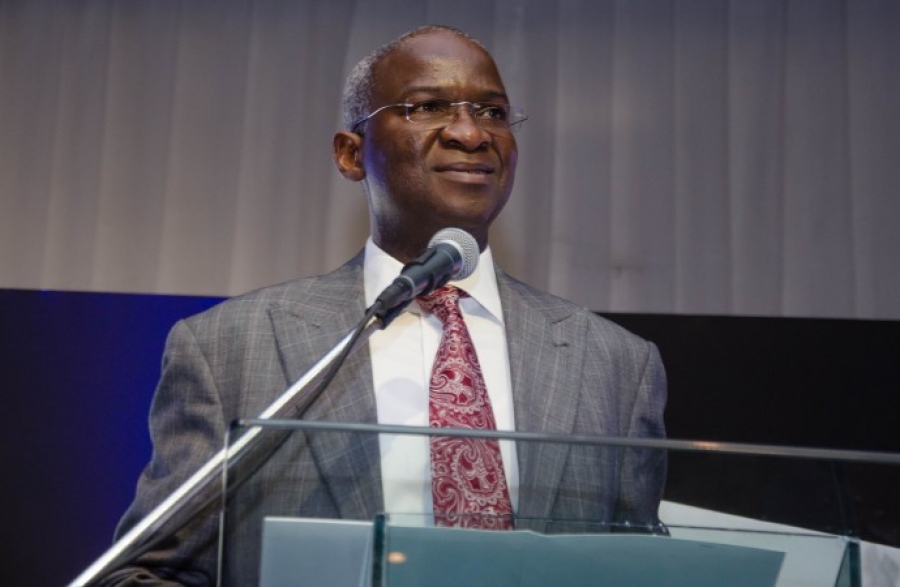- FG’ll Ensure Liquidity in Power Sector
The Minister of Power, Works and Housing, Mr. Babatunde Fashola, has restated the commitment of the Federal Government to its responsibilities in the power sector, including paying for services rendered to it by the operators in the sector.
The minister said this at the 14th monthly meeting he held with the operators in the power sector at the National Control Centre, Osogbo, the Osun State capital.
The communique, which was released at the end of the meeting and read by the Managing Director, Transmission Company of Nigeria, Mr. Usman Mohammed, was made available to our correspondent in Osogbo on Friday.
It read in part, “The minister reiterated that the Federal Government is committed to its responsibilities in the power sector, through policies such as the Power Sector Payment Assurance Guarantee to ensure liquidity and stability in the sector so that generating companies are paid for their services.
“He also stated that all stakeholders remain committed to their various roles in supplying and distributing power to ensure that the power sector functions effectively.”
To confirm the commitment of the Federal Government to ensuring liquidity in the sector, Fashola said it had started with the payment of an initial tranche of N374,551,000 to the Abuja Electricity Distribution Company as part of the outstanding debts owed by the Federal Secretariat, Abuja.
The minister also advised electricity customers on prompt payment of their elective bills and to stop vandalism of power assets as well as assault of electricity workers, who seek to install or read meters.
Progress was also announced on reconnecting Magboro community in Ogun State to the grid, but that the reconnection was subject to safety checks by the Nigerian Electricity Management Services Agency.
The communique further read, “The TCN presented a report on the problem of unutilised load on the grid and committed to working closely with the Discos to eliminate the occurrence of the problem.
“The Market Operator announced a nine per cent improvement in energy delivered to the Discos from the Transmission Company of Nigeria for the month of February, as compared to January. Ikeja and Yola Discos showed improved remittance to the Market Operator for services rendered in the month of February. The Market Operator encouraged sector participants to fulfil all their obligations to ensure the success of the Power Sector Recovery Plan.
“The NERC reported on stakeholder performance for 2016. Discos were ranked based on metering progress, the NBET and MO remittance, amongst other indicators. Eko Disco was ranked as the best performing distribution company, while Kaduna Disco was ranked as the lowest. Okpai (thermal plant) and Jebba (hydro plant) were ranked as the best performing in their respective categories, based on indicators such as percentage availability and reporting compliance.”

 Forex2 weeks ago
Forex2 weeks ago


 Naira2 weeks ago
Naira2 weeks ago
 Billionaire Watch1 week ago
Billionaire Watch1 week ago
 Company News4 weeks ago
Company News4 weeks ago




 Naira2 weeks ago
Naira2 weeks ago




 Naira1 week ago
Naira1 week ago




 Naira4 weeks ago
Naira4 weeks ago
 Nigerian Exchange Limited4 weeks ago
Nigerian Exchange Limited4 weeks ago






















